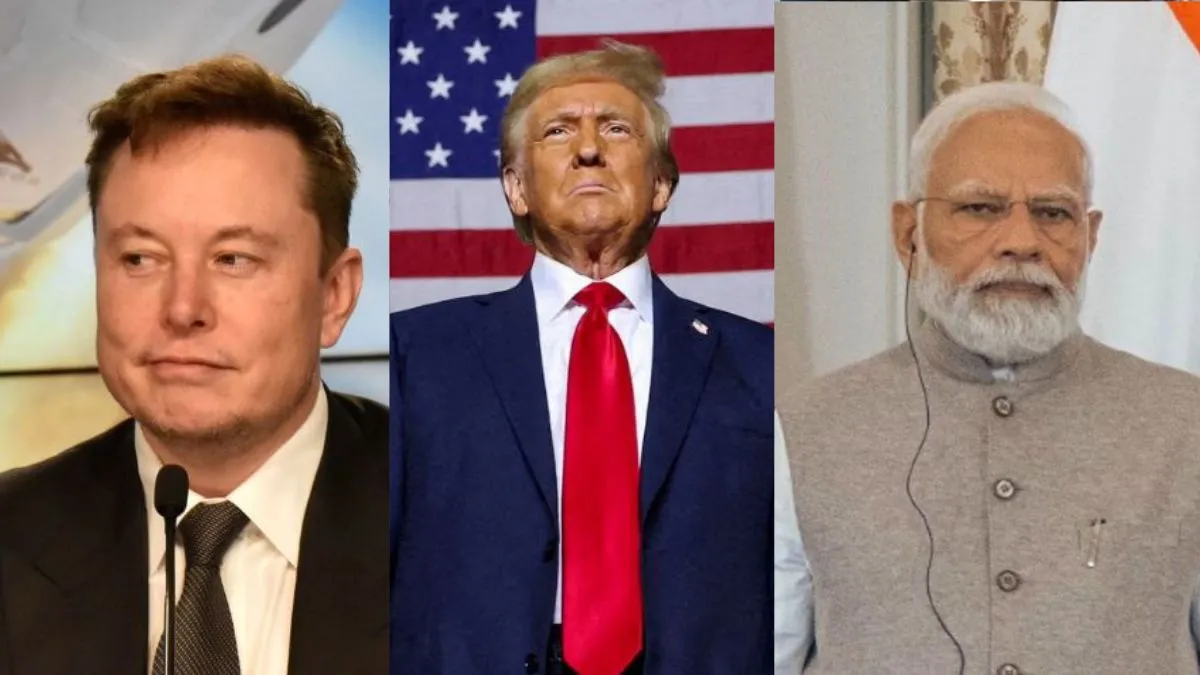- By Shivangi Sharma
- Thu, 17 Apr 2025 03:39 PM (IST)
- Source:JND
TIME magazine’s prestigious TIME 100 list of the world’s most influential people has made waves this year with a surprising omission: for the first time in years, not a single Indian figure has been featured in the Leaders category. This absence has sparked widespread debate, especially considering India's growing influence on the global stage.
The 2025 TIME 100 features an array of powerful global leaders and political figures. Among them are US President Donald Trump, Tesla and SpaceX CEO Elon Musk, Bangladeshi Nobel laureate Muhammad Yunus, and others such as JD Vance, Claudia Sheinbaum, Keir Starmer, Javier Milei, and Robert F. Kennedy Jr. Additional entries include WHO Director-General Tedros Adhanom Ghebreyesus, German politician Friedrich Merz, Venezuelan leader María Corina Machado, and South Korean opposition figure Lee Jae-myung.
Trump Tops with Record Seventh Appearance
Donald Trump continues to dominate headlines, and this year marks his seventh appearance on the list, more than any other individual in 2025. Elon Musk follows closely with six appearances, while Mark Zuckerberg has been featured five times. Other notable repeat honorees include Serena Williams, Simone Biles, Tedros, Joe Rogan, and Javier Milei.
Absence of Indian Nationals Sparks Debate
While no Indian nationals made the cut, Indian-origin executive Reshma Kewalramani, CEO of Vertex Pharmaceuticals, was recognised in another category. Migrating to the US at age 11, Kewalramani is the first woman to lead a major US biotech company. She led Vertex to a historic FDA approval for the first CRISPR-based gene-editing therapy for sickle cell disease. Her profile, written by author Jason Kelly, praised her for “pushing the limits of science while navigating the drug-approval process.”
The omission of any Indian national from the TIME 100 Leaders list comes as a surprise, especially when contrasted with 2024’s edition, which included Bollywood star Alia Bhatt and Olympic wrestler Sakshi Malik. The absence has triggered conversations on social media, with users questioning how a nation with growing influence in diplomacy, technology, and culture finds no representation in this year’s influential cohort.
